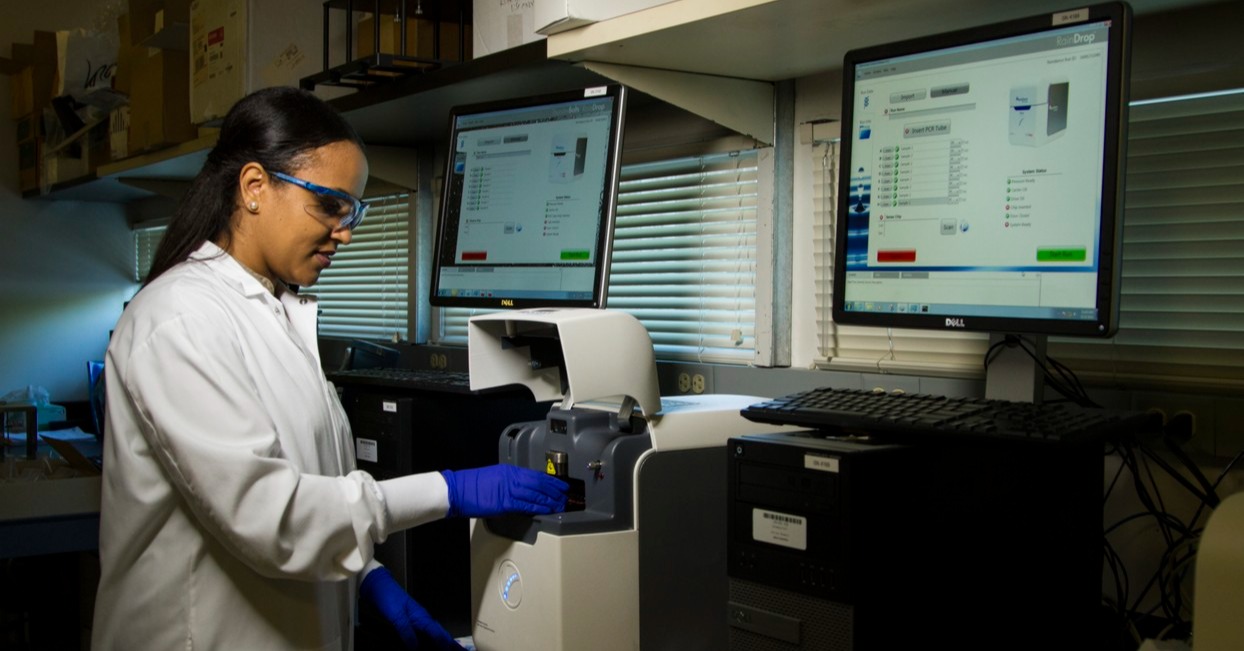
What Is the Epidemiological Triangle?
The epidemiological triangle consists of the agent, the host, and [...]

If you’re interested in earning your Masters in Social Work (MSW) you may know that accredited programs require students to complete two fieldwork experiences. The fieldwork placement – also referred to as the practicum or internship – is the signature pedagogy of an MSW. This transformative experience is pivotal to social work training, because it gets you ready for the real-world.
The field placement experience is a critical training ground for students to learn the techniques and practices necessary to become professional social workers. Unlike similar professions such as psychology, which take many years of education and training, social work education ramps up quickly. In just two years, graduates are expected to fulfill a variety of roles and duties. For this reason, MSW training is intense and rigorous, and benefits from hands-on experience.
Fieldwork allows students to take their classroom learning and apply it to real-life settings with clients. Importantly, as MSW candidates transition out of being students and into their professional roles, the fieldwork setting helps them learn to manage anxiety and the personal impacts of their. Social work can involve a variety of potentially upsetting tasks, such as working with the homeless or navigating clients through end-of-life planning. The fieldwork experience teaches MSW about self-reflection and other skills for coping with such tragic circumstances.
Most importantly, fieldwork allows students to specialize in a particular area, and draw upon that expertise when they graduate and seek their first job.
Typically there is one fieldwork placement for each year of schooling. MSW students must spend approximately 900 – 1200 hours total in their fieldwork agency. In a full-time, traditional MSW program, students typically spend two to three full days working in their fieldwork setting each week. In an online or part-time MSW program, students may spend only one to two days each week. This will vary by the program.
During the first year of study, the fieldwork assignment may be more random or generalized. The second year placement is typically more focused, reflecting the area of interest or practice a MSW wants to develop as professional.
| University and Program Name | Learn More |
|
Virginia Commonwealth University:
Online Master of Social Work
|
What kinds of settings and agencies offer supervised fieldwork positions? Again, this will vary by school. But you should not be shortchanged in your training by a too few (or too low in quality) fieldwork options.
Some online Masters in Social Work programs may require you secure or identify your own fieldwork setting. That can be a very difficult task. Other online programs boast a nationwide network of placements. Whether you are just learning about all the exciting places you might work as a student, or need to be inspired in your own search, below is a sampling of the agencies and organizations that host MSW students in their fieldwork experience.
(Note: in some cases, we have provided you the specific name of the organization/employer – for example, the American Red Cross or Hope for the Warriors. In other cases we have listed a narrow category, such as in-hospital neonatal care. We have also provided broader categories, such as Hospice and Medical Hospitals, so that you may research those kinds of settings in your own geographic area.)
Questions or feedback? Email editor@noodle.com

The epidemiological triangle consists of the agent, the host, and [...]

Genetic counseling is a career that combines science and sensitivity,especially [...]

We explain the steps necessary to become a licensed mental [...]

Domestic violence call centers in the US field 20,000 calls [...]

Cryptography involves data security, a high priority in today's tech-dominated [...]
Categorized as: Social Work, Social Work & Counseling & Psychology